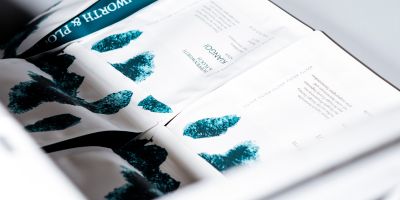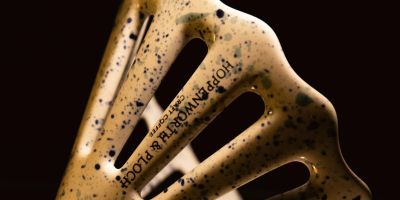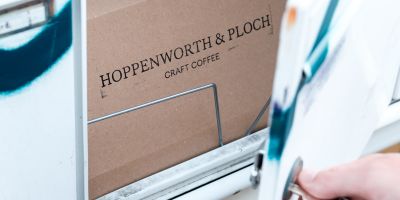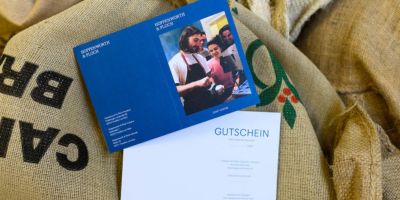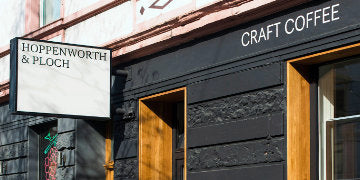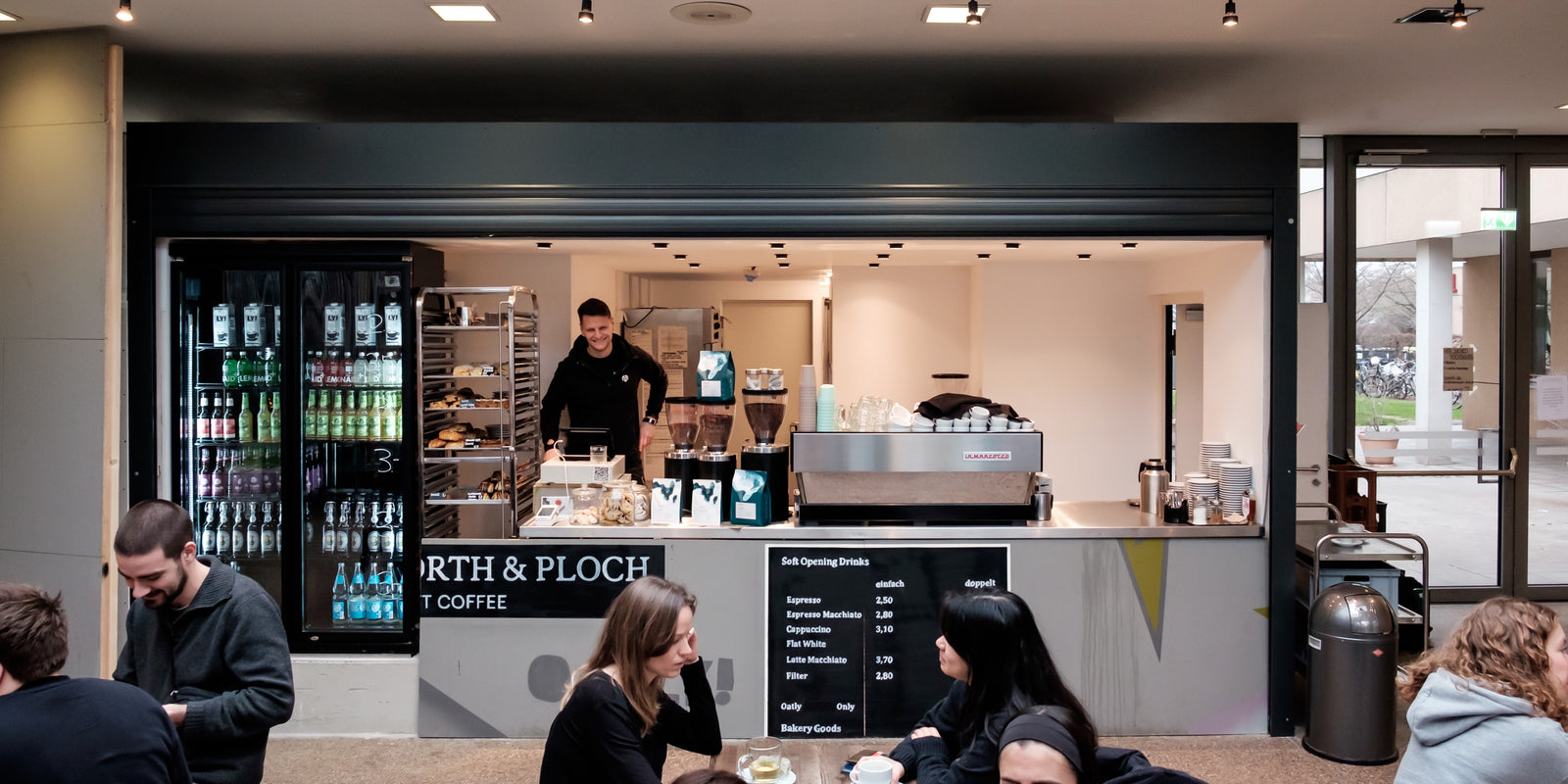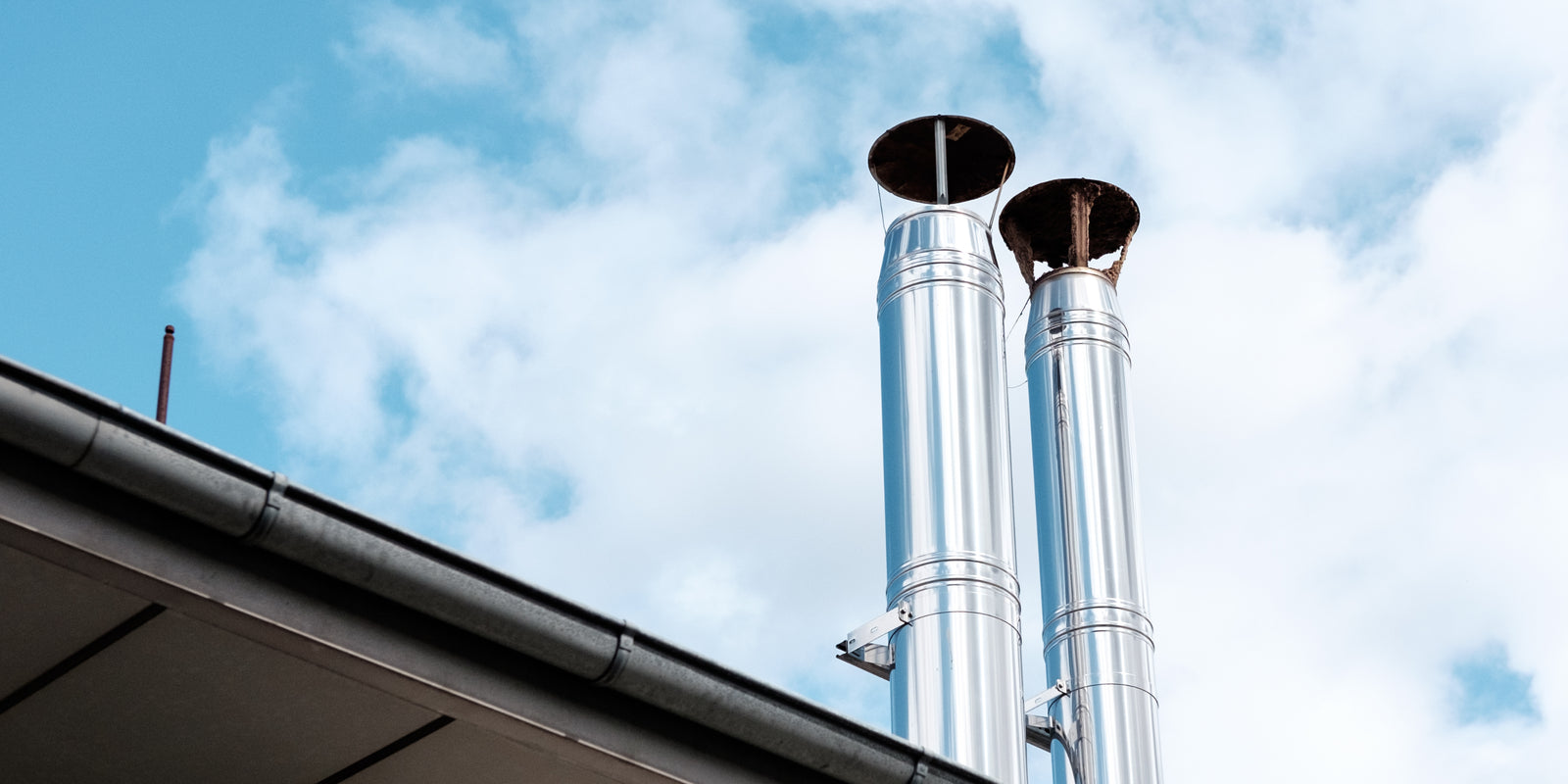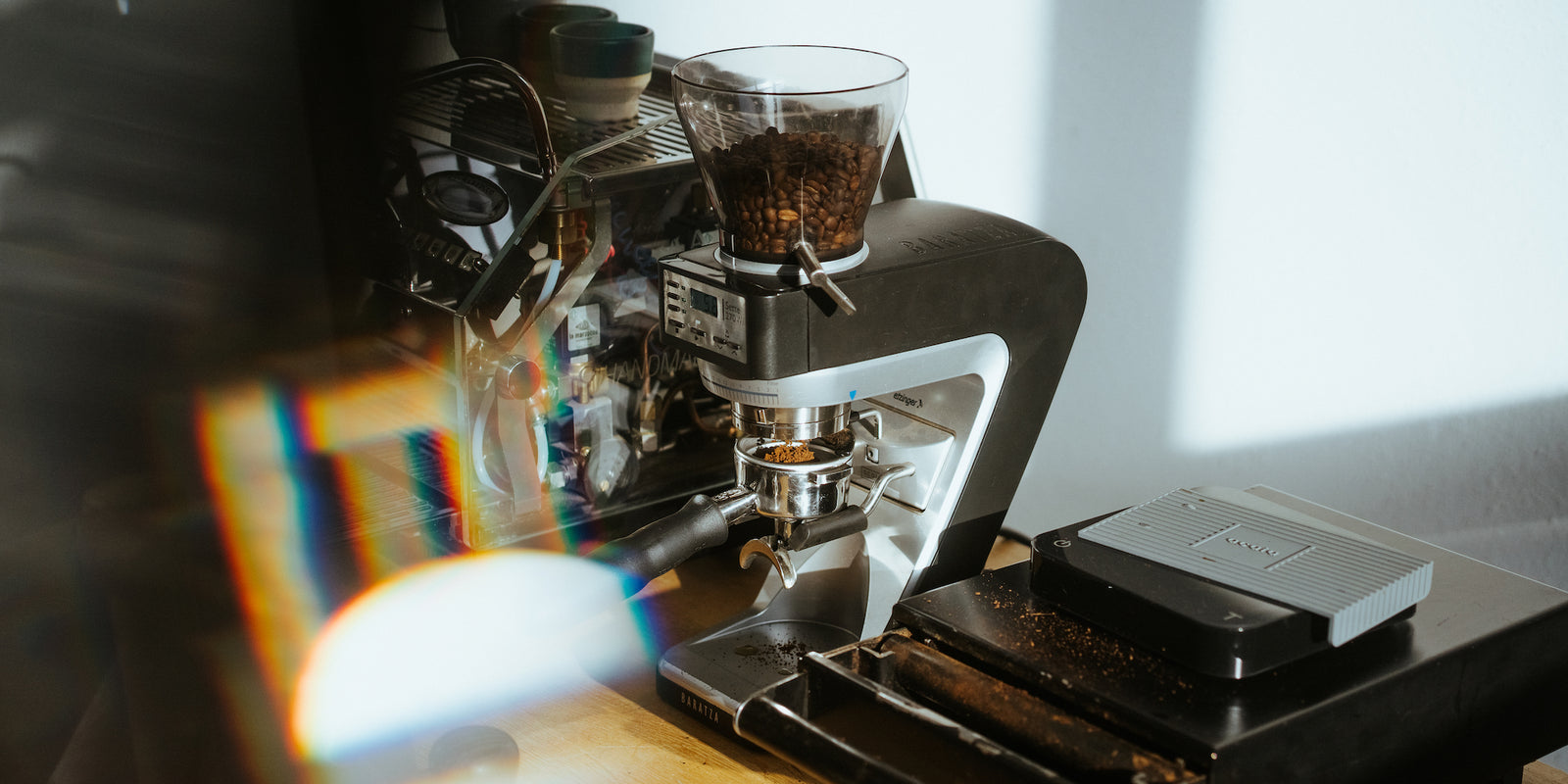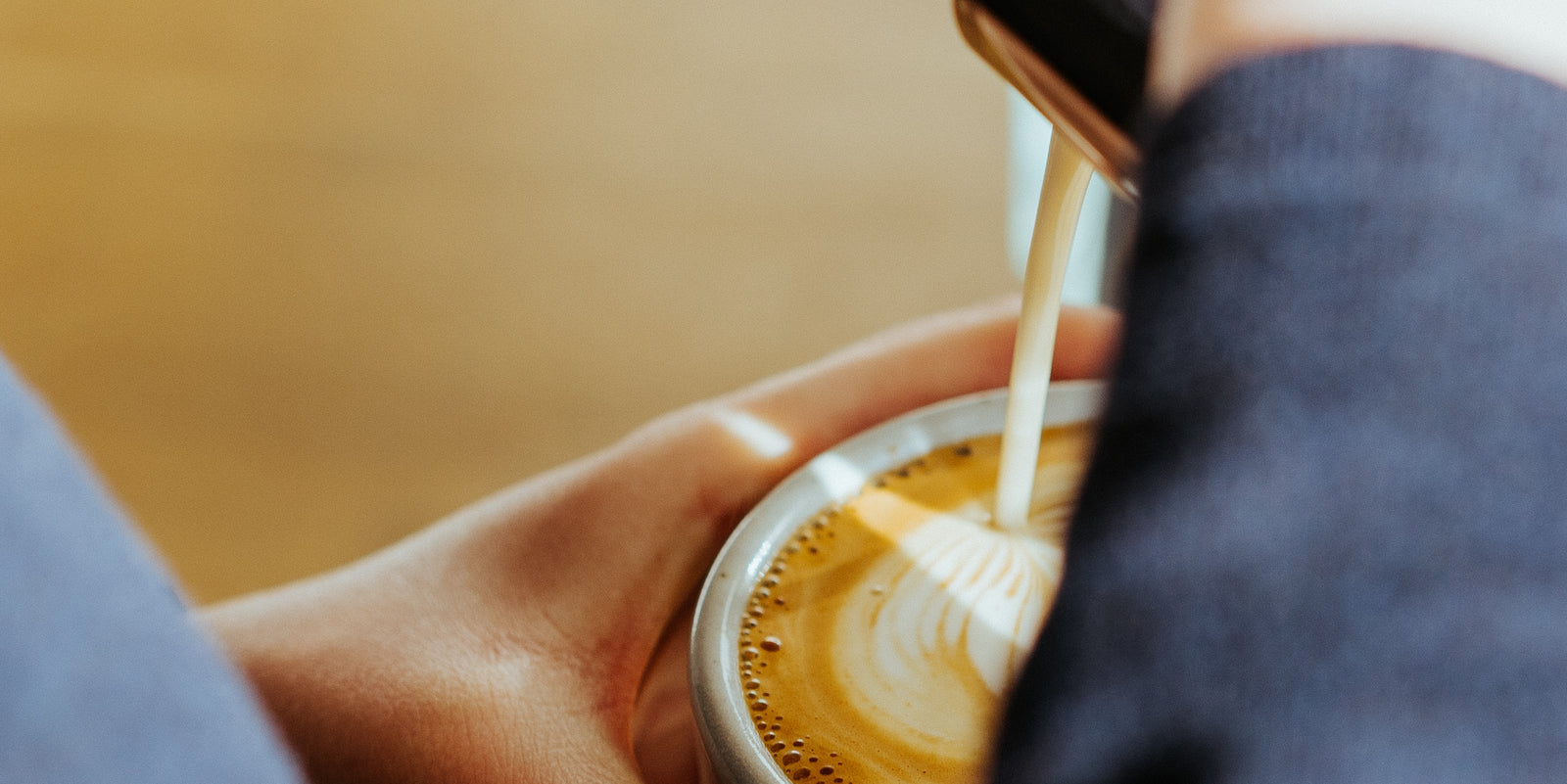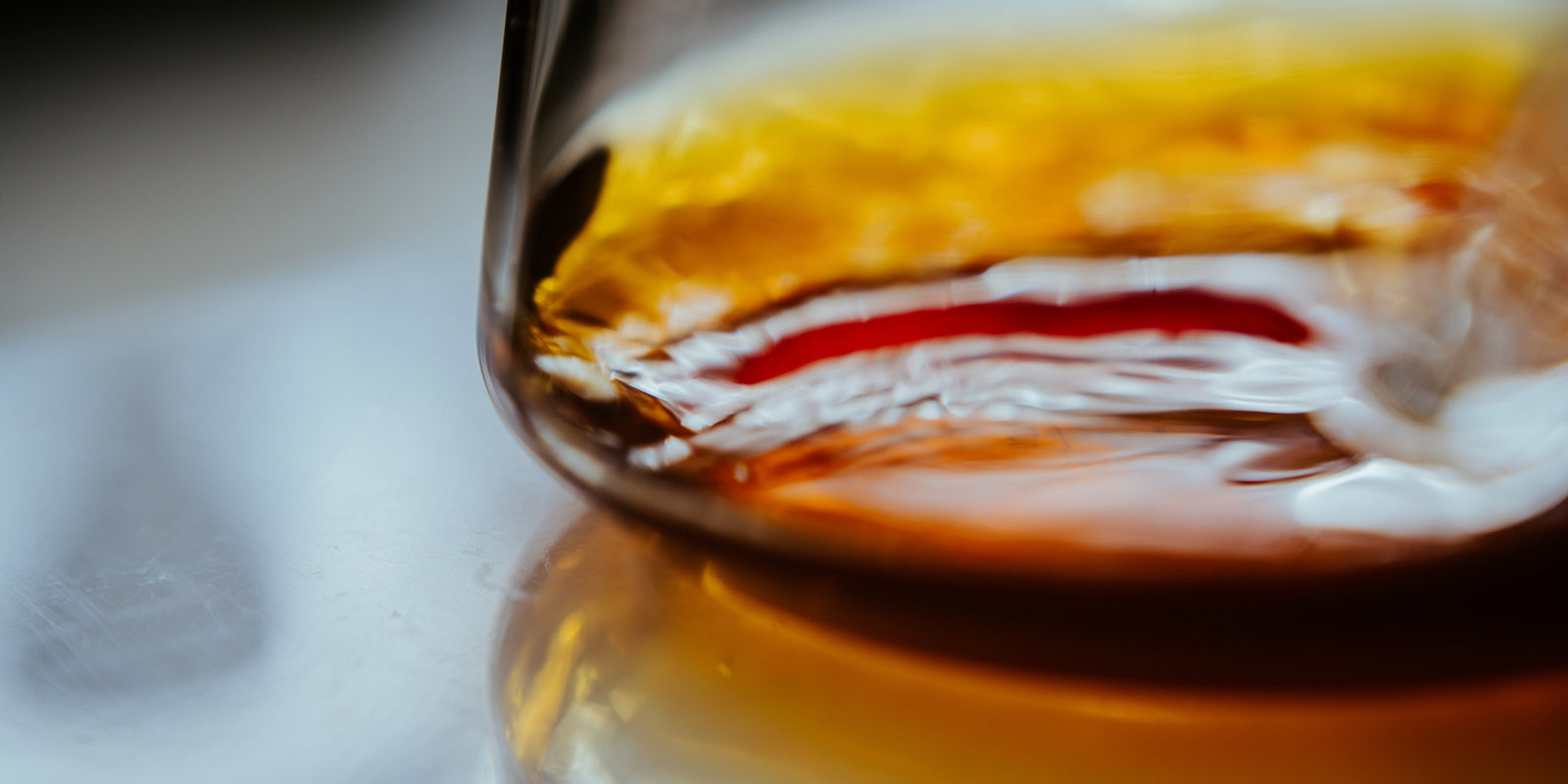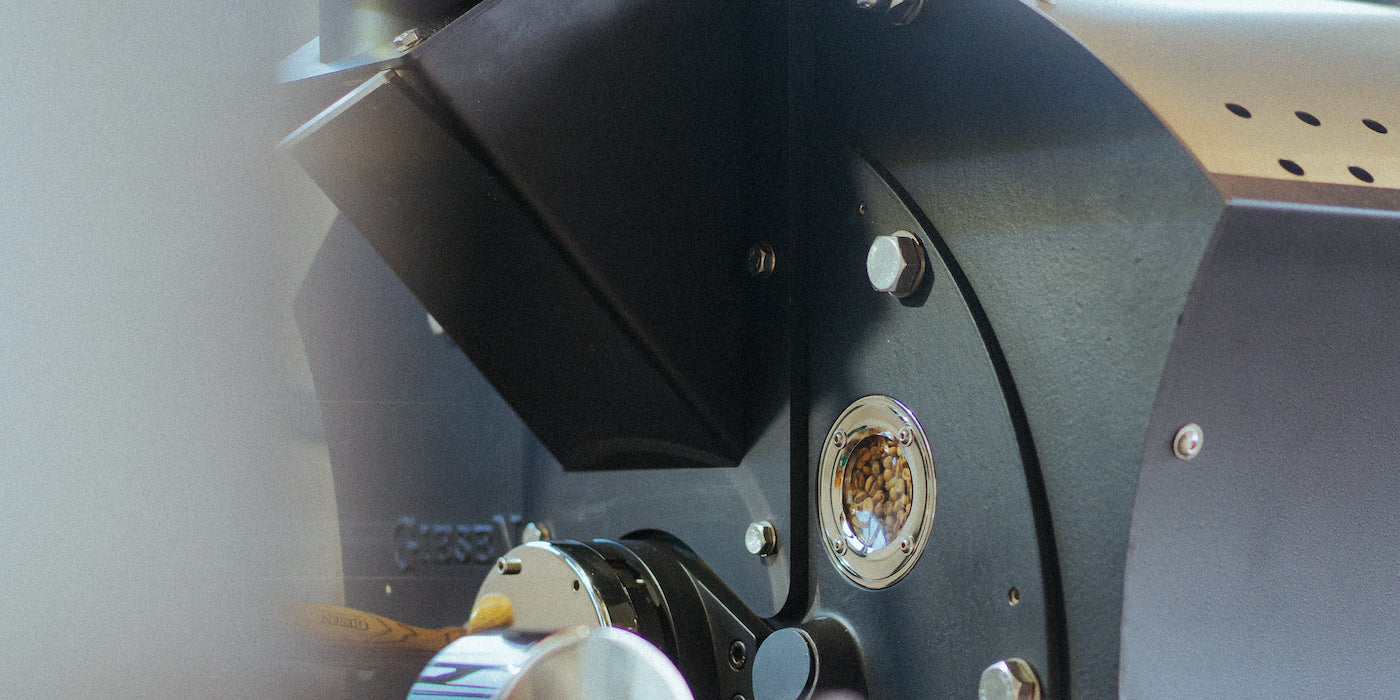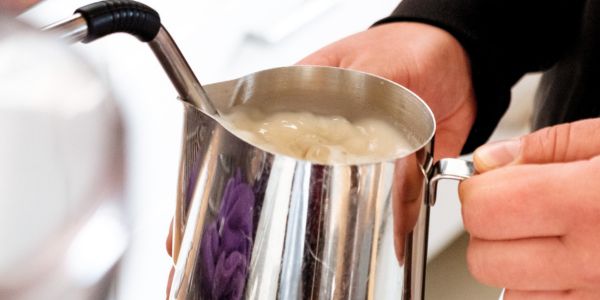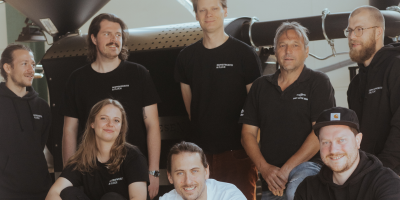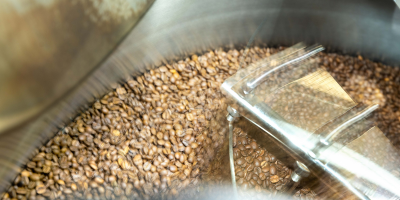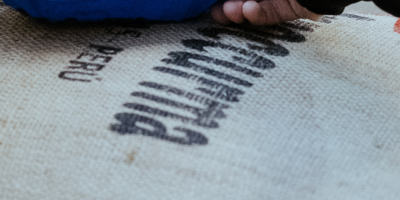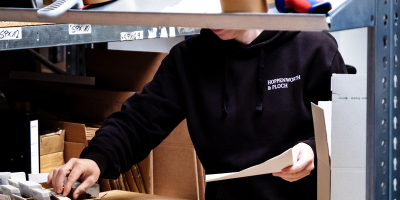Your Cart is Empty
New seminar dates every first friday of the month! // Free international shipping available
New seminar dates every first friday of the month! // Free international shipping available
Kurse & Seminare
About Us
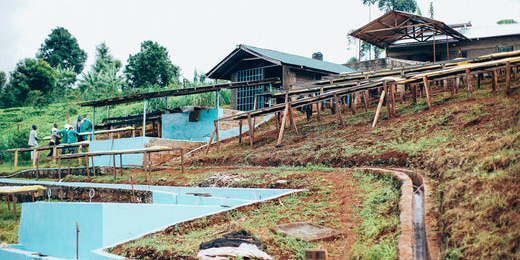
Origin series: Kenya
September 08, 2021 3 min read
History & Cultivation
In Kenya, the history of coffee cultivation only begins at the end of the 19th century. The first coffee plant was probably introduced by the British during the British occupation. Initially, large farms were established around Nairobi, which were run exclusively by the British. It was only after 1960, when Kenya became independent again, that the Kenyans themselves began to grow coffee on small farms and still develop one of the finest and highest quality coffees in the world.
While Kenyans themselves drink more tea than coffee, which is precisely due to the very young coffee culture, the coffees that come from Kenya are described worldwide as some of the best coffees around. Only Arabica coffee is grown in Kenya. We do not find Robusta here.
Kenya produces about 800,000 bags of green coffee annually. In comparison, the neighbouring country Ethiopia produces about 6 million bags.
Quality & Taste
Kenyan coffee is characterised by a particular complexity and full body. The best-known varieties are SL ("Scott Laboratory") 28 and SL34 - both bourbon varieties - which give the distinctive body and the special berry and sometimes floral notes for which Kenyan coffee is so well known.
Typical flavours we find in Kenyan coffee are blackberry and currant, or hibiscus and rhubarb.
Cultivation & Harvest
Our latest coffee from Kenya is Karuthi (to try it directly this way). It comes from the Nyeri region, which is located in the central highlands of Kenya. Both the central and western highlands of Kenya are characterised by a balanced climate. Balanced rainfall and temperatures here have a very good influence on the sensitive coffee plant. The soil in these regions is made of volcanic rock and is highly enriched with phosphorus. These conditions have a very positive effect on the demanding Arabica bean, and support the formation of the special aroma as well as a distinct acid culture.
In the Nyeri region, as well as around Mount Kenya, coffee is grown on small farms. The farmers join together in cooperatives and process the coffee at selected stations, the so-called "washing stations". The coffee is processed exclusively as washed coffee. Harvesting is done exclusively by hand. This is another quality feature of the unique Kenyan coffee.

Coffee trade in Kenya
About 70-80% of the coffee trade in Kenya is done through auctions in Nairobi, the country's capital. This so-called coffee exchange allows the smaller farmers to attend the negotiations directly and to have transparent insight into the pricing. Buyers can request samples of the coffees in advance of the auction and thus check the quality in advance. The disadvantage of this process is that a direct and sustainable relationship with the farmers cannot be established. Furthermore, it is criticised that due to the large number of participants in the process, who stand between the farm and the importer, a large part of the price does not go to the farmers, but to middlemen.
Today, about 20-30% of coffee from Kenya is traded directly. In 2006, the so-called "Second Window" was defined for this purpose in Kenya, which allows roasters or green coffee importers to buy coffee directly from a cooperative or farm. Until then, the use of the auction platform was obligatory.
Our coffee from Kenya
At Hoppenworth & Ploch we attach great importance to a direct and sustainable relationship with the farms and it is important to us that the money for the coffee reaches the farmers.
That's why we source our coffee exclusively through direct trade, with the support of selected importers. Our new Karuthi coffee comes from the Long Miles Coffee Project, which has already made a name for itself in Burundi.
The project's vision is to strengthen the direct market for Kenyan coffee and thus the relationship between farmers and international traders. The project also pursues the mission of improving sustainability in production and development by introducing quality controls and standards that are specifically developed for Kenyan cultivation and processing, and to support farmers in ensuring long-term planning and profitability of their cultivation.
The Karuthi coffee convinces with a lot of sweetness and spiciness and reminds in taste of sweet currant. As a filter or espresso, the taste experience is unique and embodies everything that makes Kenyan coffee so special. Have fun trying it!
Join our Coffee Crew
10% discount on your first coffee order.And more: Sign up for our newsletter and never miss coffee releases, offers and background stories again.
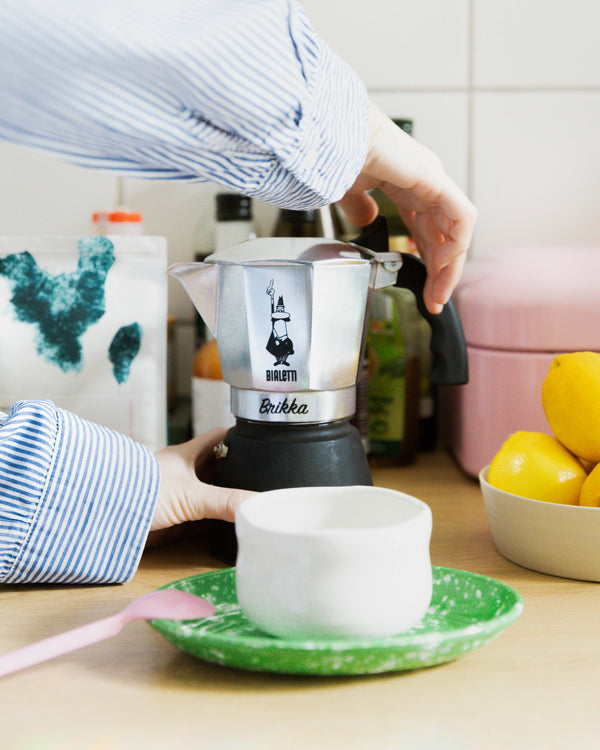
Never miss out on great coffee again!
A new, freshly roasted coffee delivered to your home every month? Whether you prefer filter or espresso, our coffee subscription takes you on a regular sensory world tour through the world of coffee — with free worldwide shipping!

